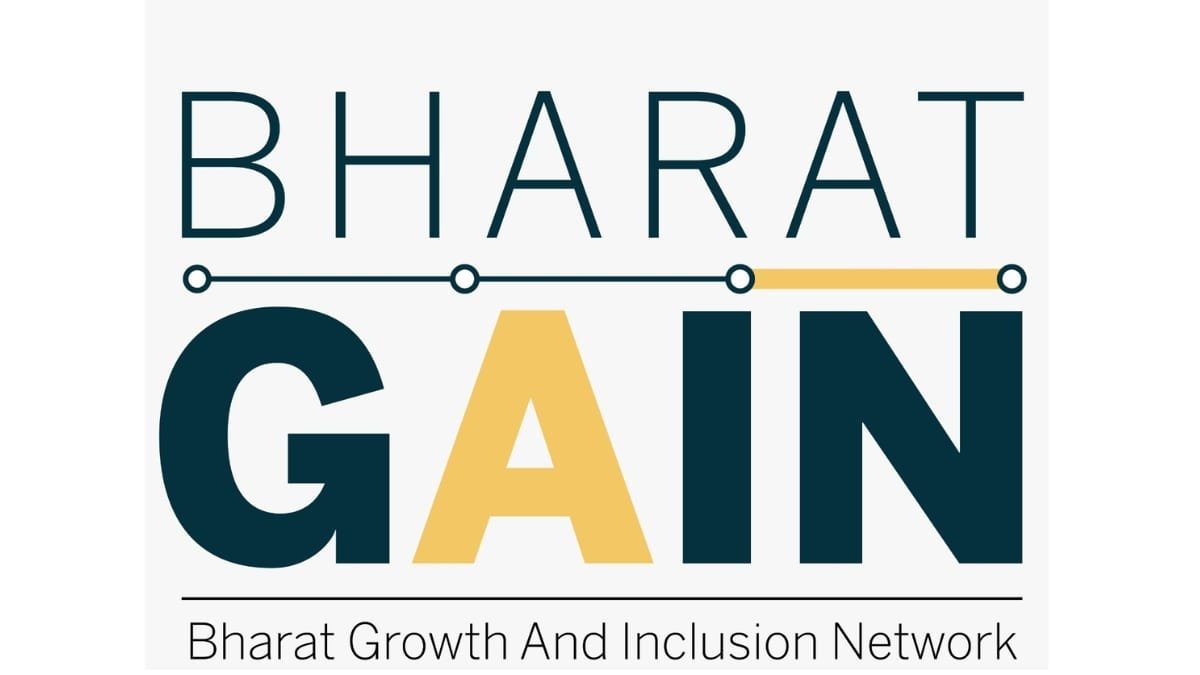New Delhi [India] October 16: BharatGAIN, a Delhi-based research organization, released a comprehensive report on India’s EV battery recycling landscape, titled “Assessing Gaps in India’s Electric Vehicle Battery Recycling Ecosystem.” The report reveals significant challenges that could hinder the development of a sustainable battery recycling framework in India, advising policymakers and industry stakeholders to take timely action to address and mitigate these gaps. As the future outlook forecasts steep growth in India’s electric vehicle market, with a CAGR of 49% by 2030, the report highlights the necessity for a robust recycling ecosystem to manage the surge in spent lithium-ion batteries.
The study examines limitations in India’s existing policies and infrastructure, which could hamper the nation’s ability to maximize the economic and environmental advantages of its EV sector. Although India has defined objectives for EV adoption—aiming for 30% of private cars, 70% of commercial vehicles, and 80% of two- and three-wheelers to be sold by 2030—the battery recycling ecosystem remains fragmented.
The EV sector is expected to generate 10 million direct and 50 million indirect jobs by 2030, with recycling reducing reliance on lithium imports and lowering costs. This marks India’s potential to unlock crucial economic developments through a sustainable battery recycling infrastructure. However, setting up recycling plants is capital-intensive, costing ₹220-₹370 crores, and transportation of spent batteries adds 35-50% of the total cost. Additionally, the sector faces challenges from informal operations and insufficient state-level monitoring under the Battery Waste Management Rules (BWMR).
Ms. Gauri Datta, Director, BharatGAIN, stated, “India’s EV growth is promising, but our shift to electric vehicles can only be successful if we become receptive and think beyond just adoption. Developing a circular economy for lithium-ion batteries is essential not only for minimizing our dependency on imports but also for creating a resilient future in line with our net-zero goals. At BharatGAIN, we work to align policymakers, industry, and academia to ensure sustainable growth in key strategic sectors like e-mobility and green energy.”
The study underscores India’s potential to transition into a global hub for recycled lithium-ion batteries but highlights key barriers, including undeveloped infrastructure, higher costs of establishing the framework, and a lack of financial incentives. To overcome these challenges, it calls for urgent policy reforms, such as amending the Battery Waste Management Rules (BWMR) for the standardization of battery designs and providing financial incentives to boost recycling investments. Additionally, stimulating collaborations between government and private industries, supporting research and development, and fostering a skilled workforce are crucial measures. By adhering to the suggested roadmap, India can build a sustainable recycling ecosystem and secure its position as a global leader in EV battery recycling.
About BharatGAIN:
Drawing from our decade+ experience of offering services in public affairs, policy advocacy, and strategic communications, Aakhya India is preparing to launch BharatGAIN (Bharat Growth and Inclusive Network), a think tank focused exclusively on the last-mile connectivity of policies across all strategic sectors. Our mission is to foster alignment between policymakers, industry players, and academia, generating actionable insights and advisor-endorsed reports that inform and facilitate sound decision-making. Through rigorous research, evidence-based studies, and collaborative stakeholder engagements, we aim to foster a deeper understanding across sectors, advocating for inclusive and sustainable development to ensure that India’s growth story benefits all stakeholders involved and that policies achieve their intended impact.
visit: www.bharatgain.org
If you have any objection to this press release content, kindly contact [email protected] to notify us. We will respond and rectify the situation in the next 24 hours.


